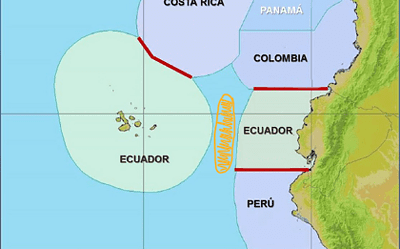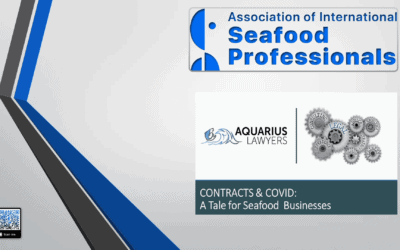
Photo by Knut Troim
The seafood industry is heavily impacted by international trade laws, as seafood is a highly traded commodity across the world. Here are some of the key international trade laws that impact the seafood industry:
- The World Trade Organization (WTO): The WTO is the global organization that regulates international trade. Its rules, including the Agreement on the Application of Sanitary and Phytosanitary Measures (SPS Agreement) and the Technical Barriers to Trade (TBT) Agreement, impact the seafood industry. For example, the SPS Agreement sets standards for the safety and quality of seafood products that are traded internationally, while the TBT Agreement regulates non-tariff barriers, such as labeling requirements and product standards.
- The Convention on International Trade in Endangered Species of Wild Fauna and Flora (CITES): CITES is an international agreement that regulates the trade of endangered and threatened species of fish and other aquatic animals. CITES establishes rules for the trade of these species, including permit requirements, trade restrictions, and monitoring and enforcement measures.
- The United Nations Convention on the Law of the Sea (UNCLOS): UNCLOS is an international agreement that governs the use and protection of the world’s oceans and marine resources. UNCLOS provides a framework for the conservation and sustainable use of fish stocks, including the establishment of exclusive economic zones (EEZs) and the protection of marine ecosystems. It also establishes regional fisheries management organizations (RFMOs) to regulate the exploitation of fish stocks in the high seas.
- The Agreement on Port State Measures to Prevent, Deter and Eliminate Illegal, Unreported and Unregulated Fishing (PSMA): The PSMA is an international agreement that aims to combat illegal, unreported, and unregulated (IUU) fishing by strengthening port state controls. The PSMA requires that vessels entering port undergo inspections and allows for the seizure of illegally caught fish.
- Free trade agreements (FTAs): FTAs are bilateral or multilateral trade agreements that aim to reduce trade barriers and promote trade between countries. Many FTAs include provisions that impact the seafood industry, such as rules of origin requirements, tariff reductions, and technical regulations.
- National laws and regulations: National laws and regulations can also impact the seafood industry, particularly in areas such as food safety and labeling requirements. For example, many countries have regulations that require seafood products to be labeled with information such as the country of origin, the species of fish, and the fishing method used.
In summary, the seafood industry is impacted by a complex web of international trade laws and regulations. These laws and regulations are designed to promote sustainable development, protect endangered species, combat illegal fishing, and ensure the safety and quality of seafood products.



